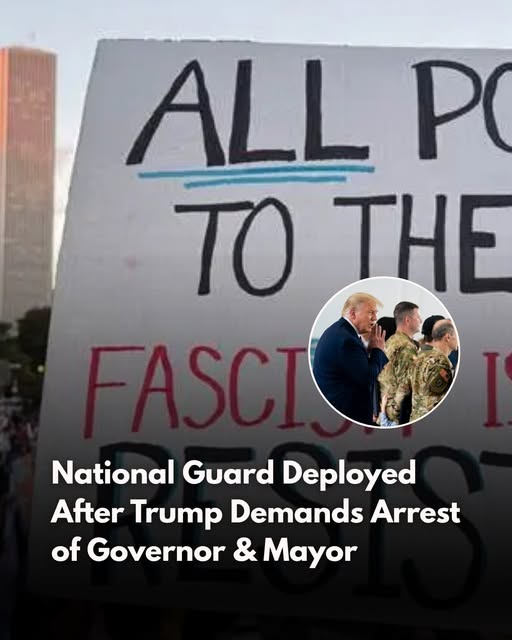A constitutional clash is unfolding in Chicago after President Trump ordered National Guard troops to the city, triggering a multi-front war with local authorities. The administration justifies the deployment of roughly 500 soldiers as a necessary step to safeguard Immigration and Customs Enforcement (ICE) personnel. However, the situation was supercharged when the President publicly demanded the arrest of Chicago’s Mayor and Illinois’ Governor, accusing them of endangering federal officers—a demand with no legal basis in current criminal law.
The root of the conflict is a fundamental disagreement over immigration enforcement. Local officials, citing community safety and trust, have enacted policies to limit federal operations, including Mayor Johnson’s executive order prohibiting ICE from using city property. The White House frames this local non-cooperation as a breakdown of law and order. This has led to a dangerous rhetorical escalation, with the President calling for the imprisonment of elected state and city leaders, an action critics warn undermines democratic norms.

The legal battlefield is already active. Illinois and Chicago have swiftly filed suits to block the troop deployment, arguing it represents an overreach of federal power. Meanwhile, reports suggest senior administration officials are considering the extraordinary step of invoking the Insurrection Act, a centuries-old statute that would permit the use of active-duty military for domestic policing. Such a move would directly challenge the Posse Comitatus Act, which restricts the military’s role in civilian law enforcement, and would undoubtedly prompt a historic legal challenge.
Politically, the strategy carries significant risk. While it may energize a base that supports aggressive immigration enforcement, a majority of the American public, according to recent polling, opposes sending military troops into U.S. cities. The administration’s characterization of Chicago as a “lawless” city is also contested by local crime data, which shows a decline in several major categories of violent crime this year, complicating the White House’s narrative.
This confrontation in Chicago is more than a local dispute; it is a test case for the limits of federal power. The outcome will have lasting implications for the relationship between the federal government and states, the militarization of domestic policy, and the very definition of dissent and insurrection in modern America.


